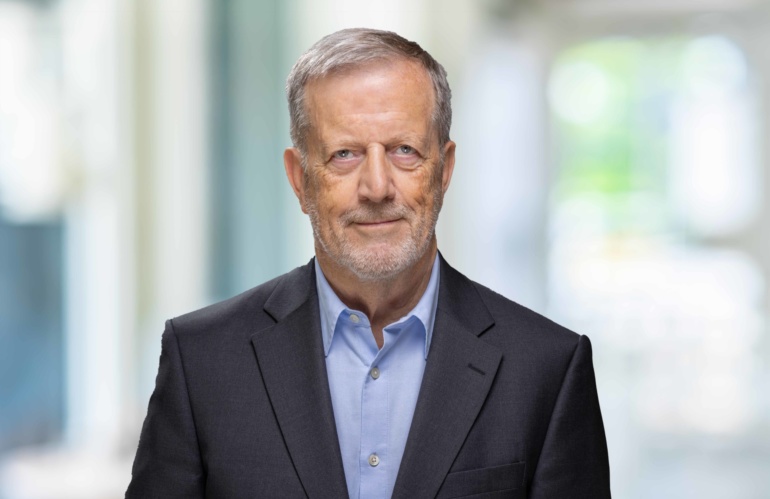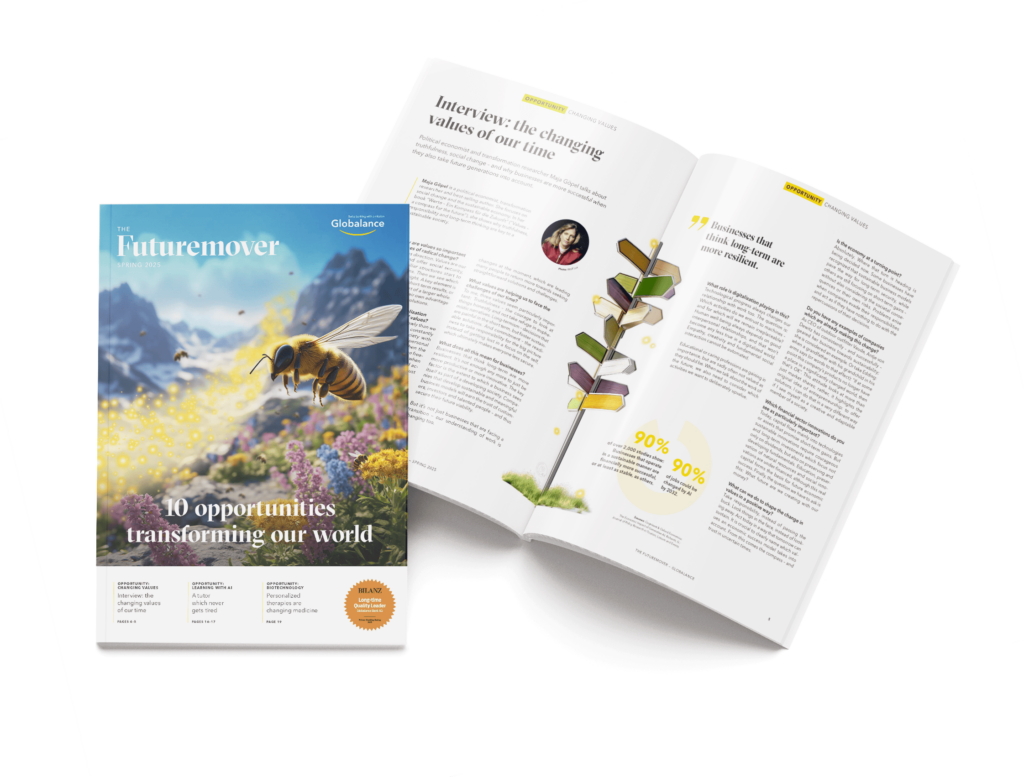Dr. Christoph-Friedrich von Braun
Board Member
„Through the introduction of the Globalance Footprint, there is now available for the first time an easily manageable and highly plausible investment instrument. That’s what I call real progress.“
Dr. Christoph-Friedrich von Braun has been an independent consultant and researcher since 1991 in the fields of innovation, research and technology management as well as in Japan-specific and organisational matters. Previously, he worked in various management positions at Siemens AG in Munich and Tokyo and was also active as an advisor at Dorsch Consult GmbH in Munich.
Dr. von Braun holds or has held a number of research posts, e.g. at the Universities of Augsburg, Chemnitz, Kiel, and TU Berlin, as well as M.I.T. in Boston. He has a seat on either the Board of Directors or Supervisory Board of the following companies: Natural Pharmaceuticals Inc., Beverly MA, USA; the Speyer Centre for Science Management, the Munich Chamber Orchestra, and since 2001 as Director and General Manager of the Andrea von Braun Foundation.
Dr. von Braun is a co-founder of the German Agency for Supervisory Boards as well as founder and partner of the Gallery for Photographic Art f5.6 in Munich.
Dr. von Braun has authored an array of publications and books including “The Innovation War”, which has been translated into several languages.
Dr. Christoph-Friedrich von Braun completed his studies in jurisprudence at the Freie Universität Berlin. He earned his PhD in Space Law at the University of Freiburg im Breisgau and holds a Master of Science in Technology Management degree from M.I.T.
“My work centres on the tug of war between technology, efficiency and socioecological acceptance. All too often, the optimisation of one of those dimensions acts to the detriment of one or both of the others. Balancing them out is difficult, indeed. Quantitative and qualitative criteria tend to intermingle, subjectivity always lurks in the background, and the state of the art differs in all three instances. Tried and true instruments for assessing efficiency and technological developments have been around for centuries. But the third dimension – society and the environment – is frequently still a mixture of emotional demands, uncertain interrelationships, debatable statistics and academic hauteur. Through the introduction of the Globalance Footprint, there is now available for the first time an easily manageable and highly plausible instrument for this purpose. That’s what I call real progress.“

